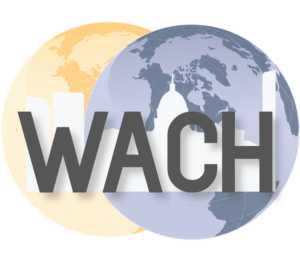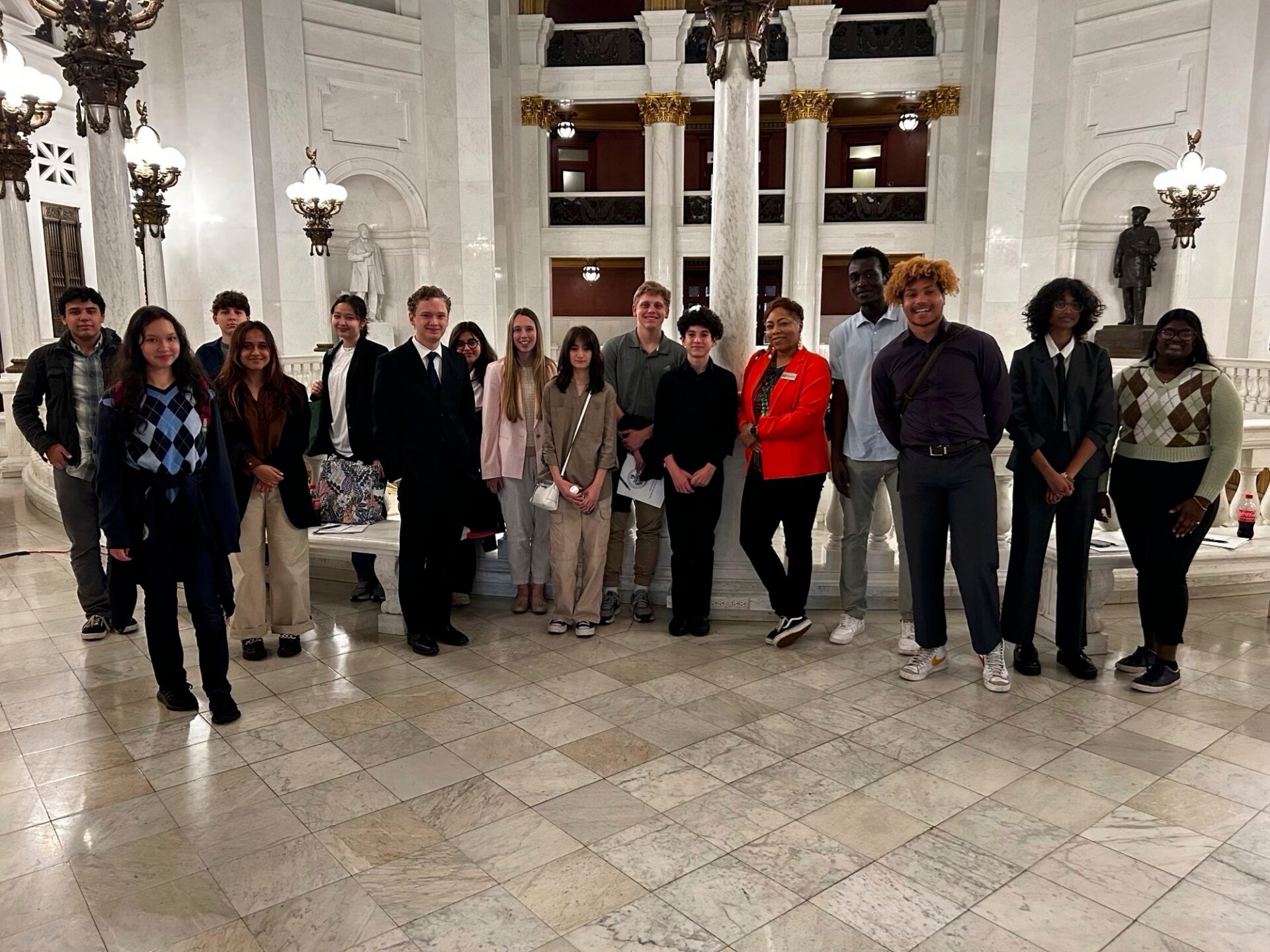
Students today need to be literate in both media and the digital world
By: Tyler Hartl – 2023 Summer Intern
Digital literacy is one of the most important skills of the 21st century. It can be defined as having the skills you need to live, learn, and work in a society where communication and access to information is increasingly through digital technologies like internet platforms, social media, and mobile devices.
Lacking digital literacy can become a major barrier for individuals and their personal successes in educational, workplace, and social environments. Through education, the cultivation of digital literacy skills ranging from communication, evaluation of information, and soft and hard skill development, we can develop more informed and empowered citizens.
Through the ever-increasing digital world, we interact with more people than ever before.
According to Statistica, the average number of data interactions per connected person per day has increased dramatically. It is expected to continue to grow, from 298 interactions per day in 2010 to almost five thousand interactions per day by 2025. Whether via an educational, work, or social media environment there will be a need for understanding how to communicate and connect with others while not in their direct presence.
Through education, we can prepare students to communicate online in a respectful, professional, and powerful manner by breaking down the distance and fear of communicating digitally.
Another important aspect of digital literacy is how we evaluate and digest the information that we come across so that we can then later apply said information. It is no secret that in the modern day, we are bombarded with more information than ever before. Thus, there is a great need to be vigilant in not only what we choose to ingest but also in how we evaluate the purpose and validity of said information. This is important in the educational and academic environments when going through learning and academic discussion. It is also crucial in the realm of media literacy.
Media literacy can be defined as a framework to access, analyze, evaluate and create information shared through print, or via photos and video on the Internet. Becoming media literate helps us evaluate sources; determine their credibility and root out biases within media, including our own.
Misinformation is a large topic relating to media literacy as it can be difficult to find accurate and reliable information in an age where speed is greatly desired. Educating students on how to become digitally literate would include helping them identify credible sources. It also would expose them to diverse viewpoints and help them identify biases within media. This would help combat misinformation and help people feel more secure in the truthfulness of the information they receive.
Digital literacy is also important from an educational standpoint because it is empowering. Digital literacy can encompass both soft skills and hard/technical skills.
Soft skills are character traits that are not particular to a specific job. Some examples of soft skills include active listening, flexibility, patience, emotional intelligence, etc. One aspect of digital literacy that relates to soft skill development is problem-solving.
The creation of software to address problems and inefficiencies in addition to its everyday usage will help develop soft skills, as the digital realm offers unique challenges that force adaptation, creativity, and critical thinking.
The usage of software such as Microsoft Excel, CAD software, social media, and coding languages are all examples of hard skills that will be invaluable to many careers. And many organizations value employees with technical skills in the digital world.
Digital literacy is a definite benefit in career advancement. It is also empowering in that it can help people launch their own business and projects and explore entrepreneurism. These opportunities are immensely valuable and should be a focus of education today.
Whether within the classroom or outside programs, students need to be prepared to excel in the digital age. Having more people literate in the digital world will benefit business by nurturing a more capable and skilled workforce.
Tyler Hartl wrote this opinion piece while interning for the World Affairs Council of Harrisburg and PA Media Group. It was published here.




